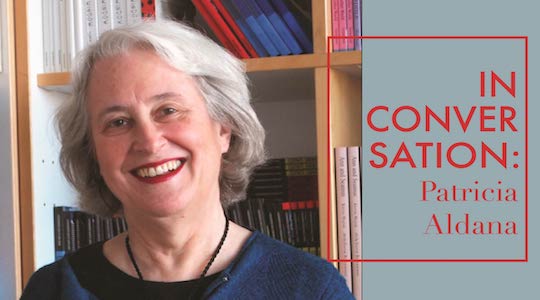Despite the pandemic, literary festivals and magazines around the world continue to highlight important voices, both emerging and established. In India, the Bangalore Literature Festival presented a series of literary conversations, while the Sahitya Akademi announced the winners of its various awards. In Guatemala, the literary community mourned the loss of the beloved writer and editor, Julio Calvo Drago. In Palestine, the first-ever edition of Granta in Arabic was published. Read on to find out more!
Suhasini Patni, Editor-at-Large, reporting from India
Despite the restrictions COVID imposed, 2021 was a successful year for literature in India, with many virtual festivals and award ceremonies.
In Bangalore, the tenth edition of the Bangalore Literature Festival commenced in a hybrid form at the Bangalore International Center. Featuring authors such as Chitra Divakaruni, Dolly Kikon, Jahnavi Barua, Vivek Shanbhag, and Rijula Das, the festival was spread over two days. In one conversation, sociologist Arshia Sattar and filmmaker Anmol Tikoo introduced a new literary podcast on the life of Kannada playwright Girish Karnad. Titled “The River Has No Fear of Memories,” a line taken from the English translation of the play Hayavadana, the podcast follows the life of Karnad, including his work, inspirations, and personal life.
Sahitya Akademi also announced the winners of its prestigious awards: the Sahitya Akademi Award, Yuva Puraskar, and Bal Sahitya Puraskar 2021 on December 30. Twenty authors writing in different Indian languages were awarded the Sahitya Akademi Award. The award for the Sahitya Akademi in the Tamil language was given to Ambai for her short story collection Sivappu Kazhuththudan Oru Pachai Paravai (A Red-Necked Green Bird). Born in 1944 in Coimbatore, Ambai is only the fourth woman to win the award in her category, in the sixty-six years of the award’s history.



